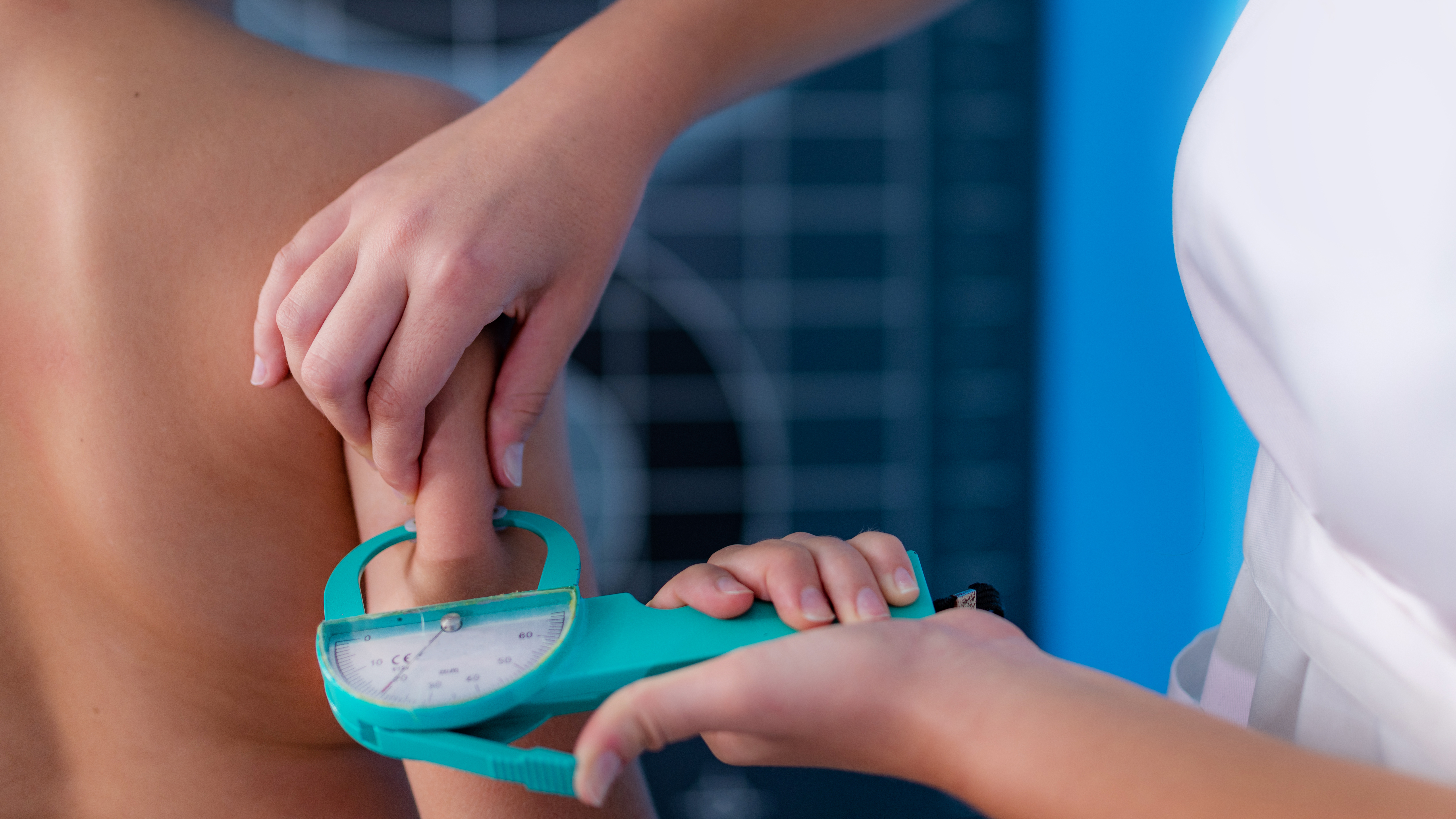10 Possible Reasons Your Daughter’s First Period Hasn’t Started Yet
3. Physical Activity Levels: Balancing Energy and Growth

Physical activity is beneficial for overall health, but excessive exercise can impact menstrual cycles. Athletes or girls who engage in high levels of physical activity may experience delayed menarche due to the energy demands placed on their bodies. Intense exercise can lead to lower body fat percentages and alter hormone levels, affecting the menstrual cycle. This phenomenon is often observed in sports like gymnastics, ballet, and long-distance running. It is important to strike a balance between physical activity and rest, ensuring that exercise supports rather than hinders development. Parents should encourage their daughters to listen to their bodies and seek medical advice if they suspect exercise is affecting menstrual health.
4. Body Weight and Composition: The Role of Fat and Muscle

Body weight and composition are closely linked to the timing of puberty. Both underweight and overweight girls can experience delayed menarche due to hormonal imbalances. Body fat plays a crucial role in estrogen production, and insufficient fat stores can delay the onset of menstruation. Conversely, excess body weight can lead to early puberty but may also cause irregular menstrual cycles. It is crucial to focus on overall health and well-being rather than specific weight targets. Encouraging healthy eating habits, regular physical activity, and positive body image can help support your daughter's development. If weight concerns arise, consulting with a healthcare provider can provide tailored guidance and support.
